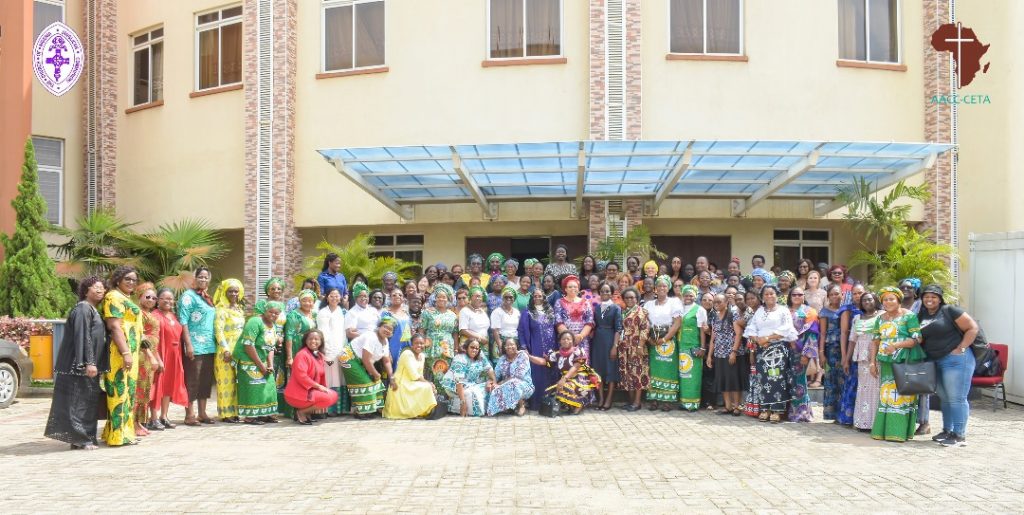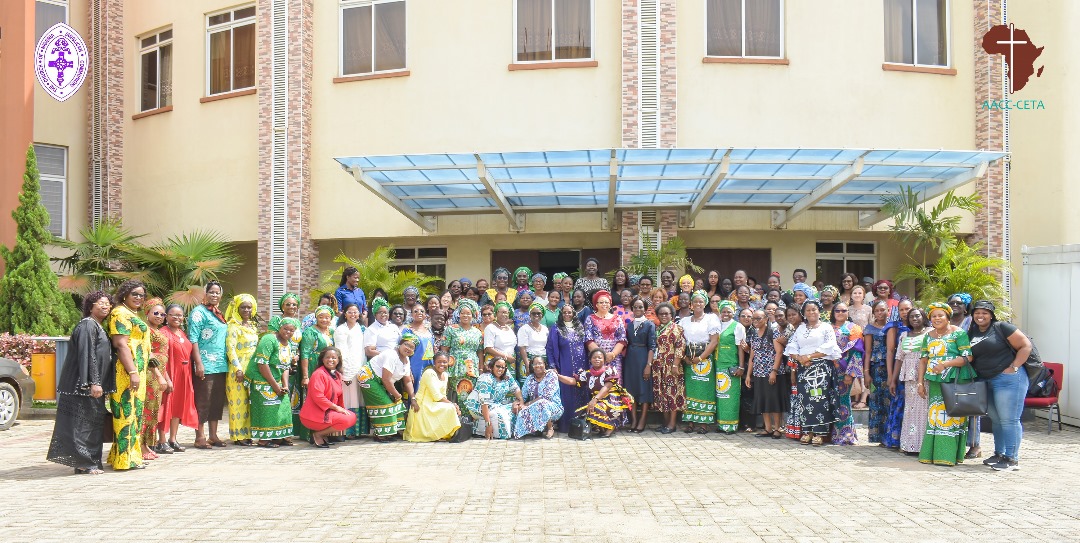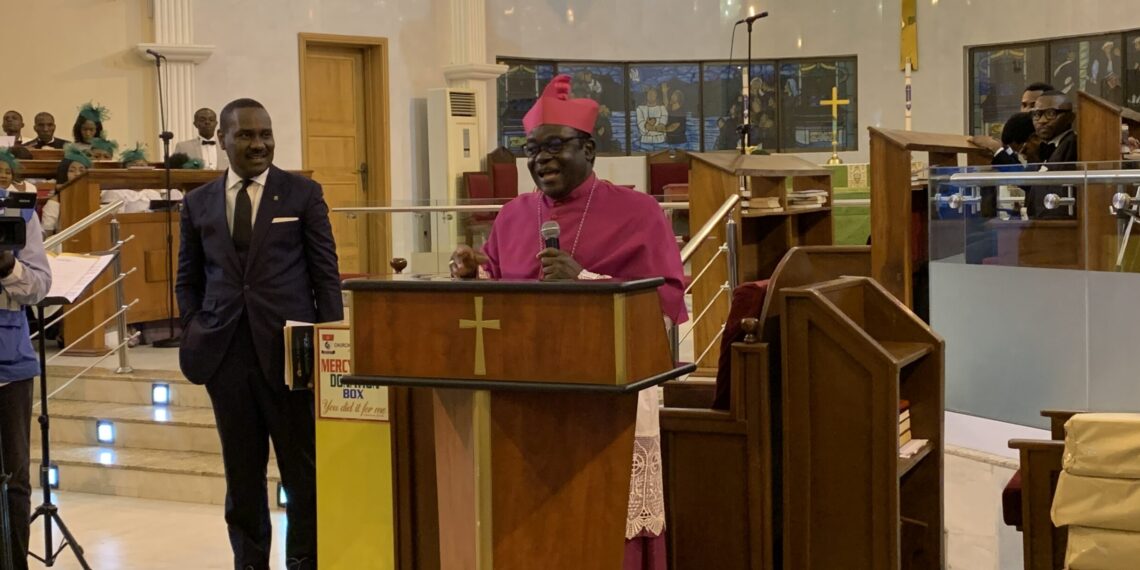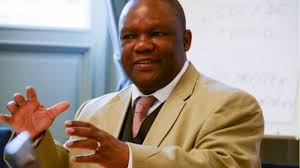The All Africa Conference of Churches Youth Pre-Assembly has called for increased investment in youth development to address unemployment, political and economic instability on the continent.
Chairperson of the youth pre-assembly steering committee, Afika Rwayi, made the call at the opening of the conference at St. Matthias House, Gudu in Abuja on Friday.
Ms Rwayi said that according to the International Labour Organization (ILO), the youth unemployment rate in Africa is approximately 19.8 per cent in 2021.

She said that the figure was significantly higher than the global average, saying that the expanding youth population added to the urgent need for policies and initiatives that foster job creation.
According to her, compounding the problem is the limited access to quality education, which further impedes the acquisition of essential skills required for a competitive job market.
She said that African youths are faced with a series of socio-economic challenges that significantly impact their lives and opportunities.
Rwayi said that the high rates of unemployment in Africa represented a formidable challenge for the continent’s youths, as they encountered difficulties in accessing stable and meaningful employment opportunities.
She said that insufficient educational resources, outdated curricula, and a lack of vocational training programs contribute to a scenario where many young people enter the workforce without the necessary qualifications.
She stated, “This not only perpetuates the cycle of unemployment but also exacerbates the overall socio-economic disparities within the youth demographic.
“To break this cycle, there is an imperative need to invest in education systems that are responsive to the evolving demands of the job market, providing young Africans with the tools and knowledge they need to contribute meaningfully to their societies and economies.
“Additionally, promoting vocational training and entrepreneurship programs can empower youth to create their own opportunities, fostering a culture of innovation and self-sufficiency in the face of employment challenges.
“The significant digital divide in Africa underscores a critical challenge for its youth, as a substantial portion of this demographic lacks access to technology and the internet.
“This digital disparity inhibits their full participation in the global digital economy, limiting opportunities for economic advancement and connectivity.
“Unequal distribution of technological infrastructure, coupled with socio-economic disparities, creates barriers for many young Africans to acquire the digital skills necessary for the modern workforce.”
Rwayi said that according to a report by the World Health Organisation, it is estimated that about 35 per cent of women worldwide have experienced either physical and/or sexual intimate partner violence or non-partner sexual violence.
She said that in Africa, these numbers are often higher due to various cultural, social, and economic factors as the African Union reports that in some regions, up to 50 per cent of women have experienced gender-based violence.
Rwayi stressed the need to address the challenges saying that as much the continent is faced with these challenges, they do not define Africans and the continent.
She said that the issues affecting Africa ranging from political and economic instabilities, civil unrest, lack of basic infrastructure among others are further exacerbated by corruption which hinders investments.
Rwayi said that efforts must be made to ensure funds allocated to essential services, infrastructure projects, and social welfare programmes do not end up in the hands of corrupt officials, widening socio-economic disparities.
Addressing the assembly, the Archbishop Michael Akinwale of the Methodist Cathedral Church of Unity, appealed to African youths to come together and come up with solutions to the challenges facing the continent.
Mr Akinwale admonished youths not to allow the present global economic situation to reduce the potential deposited in them by God.
He reminded them that African leaders were looking up to them for a brighter future of the continent.
The archbishop, however, called on African leaders to initiate programmes and policies as well as ensure youths inclusiveness in governance for a new dawn in Africa.
Executive Secretary of the assembly, Muyunga Brian, said there are no fewer than 600 youths from across 40 African countries at the assembly.
Mr Brian said that the meeting provides another opportunity for African youths to contribute to the sustainable development of the continent.
He said that the outcome of the five-day conference would empower young Africans to champion a united and prosperous continent.
(NAN)








